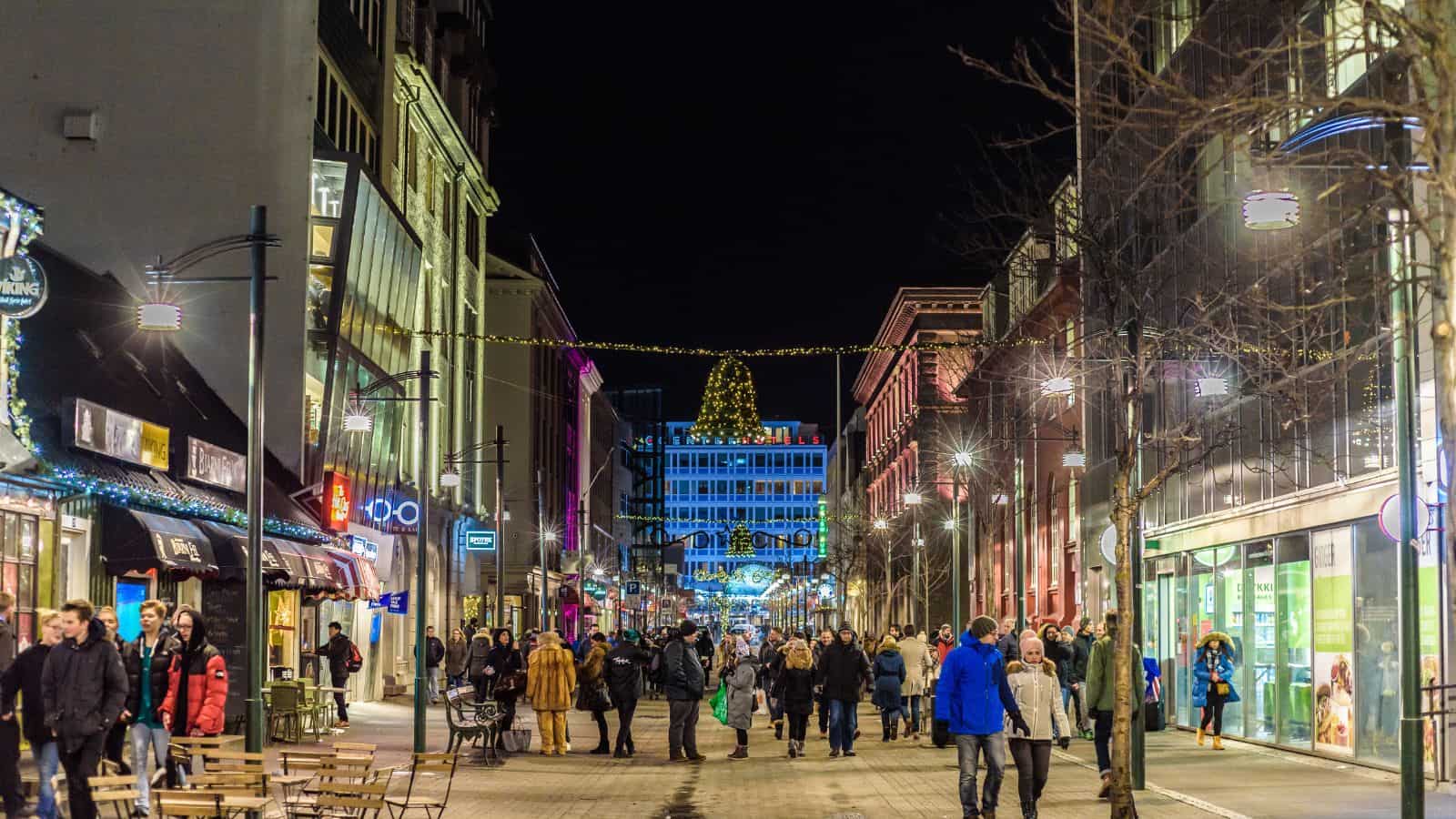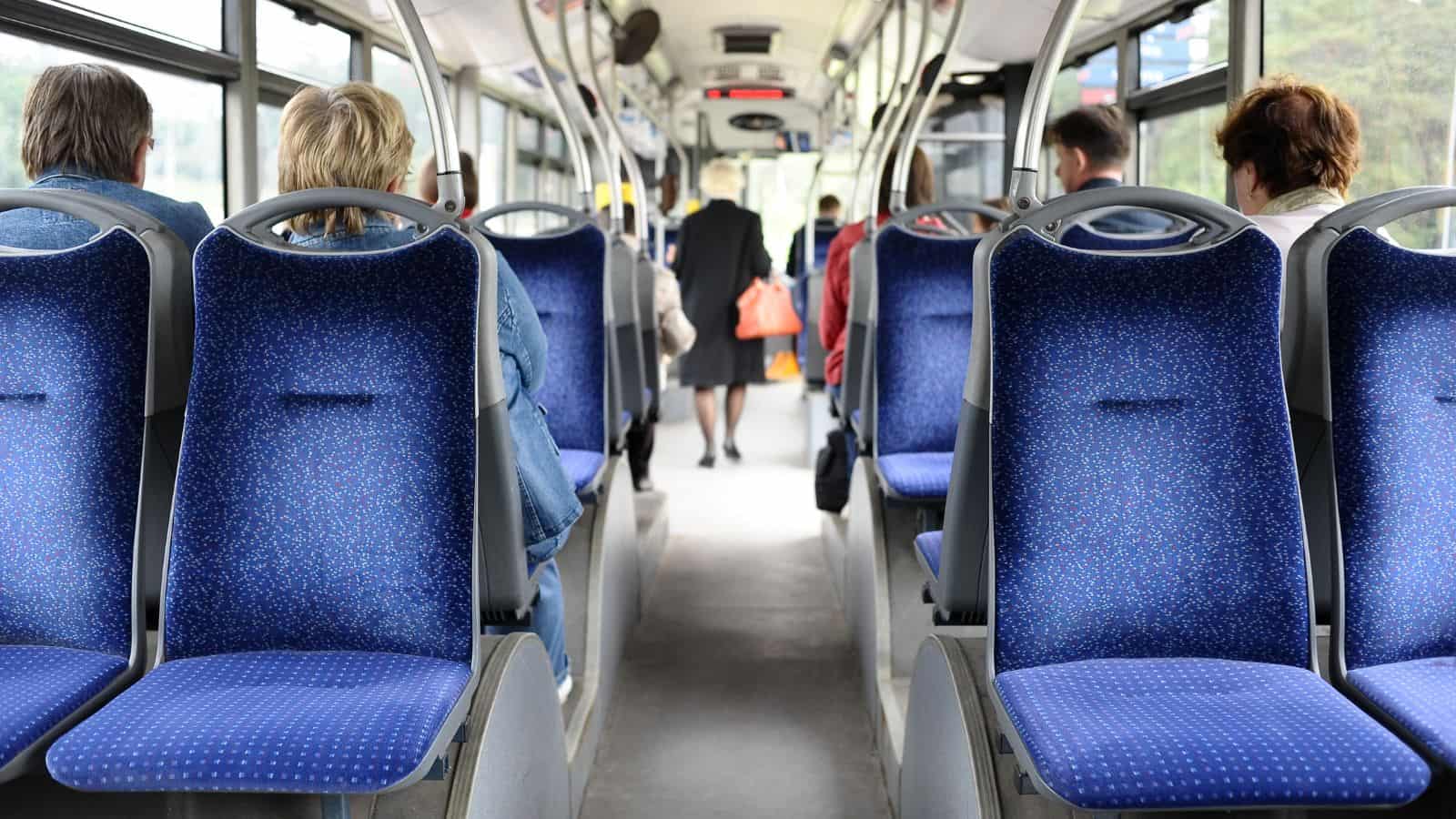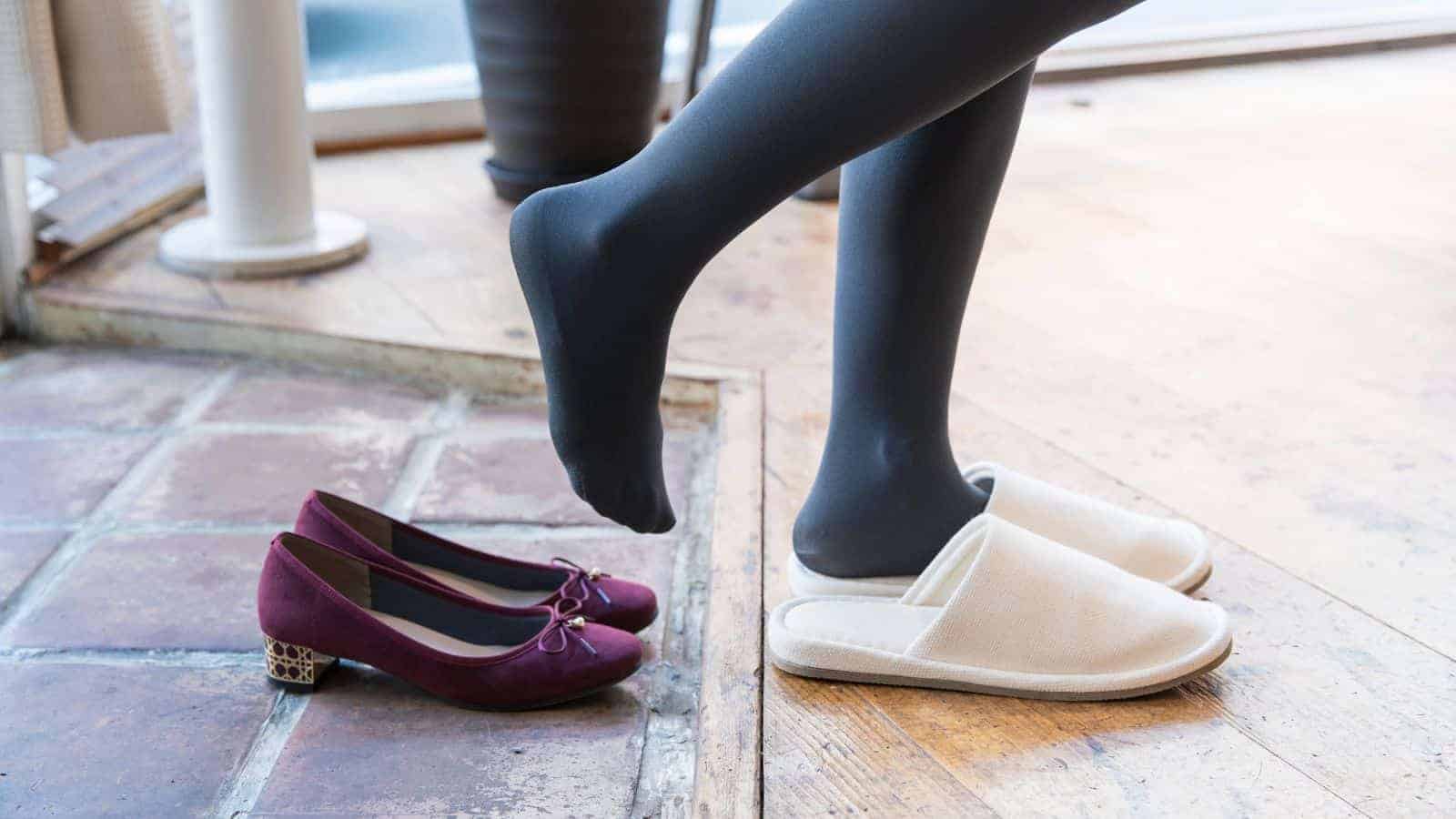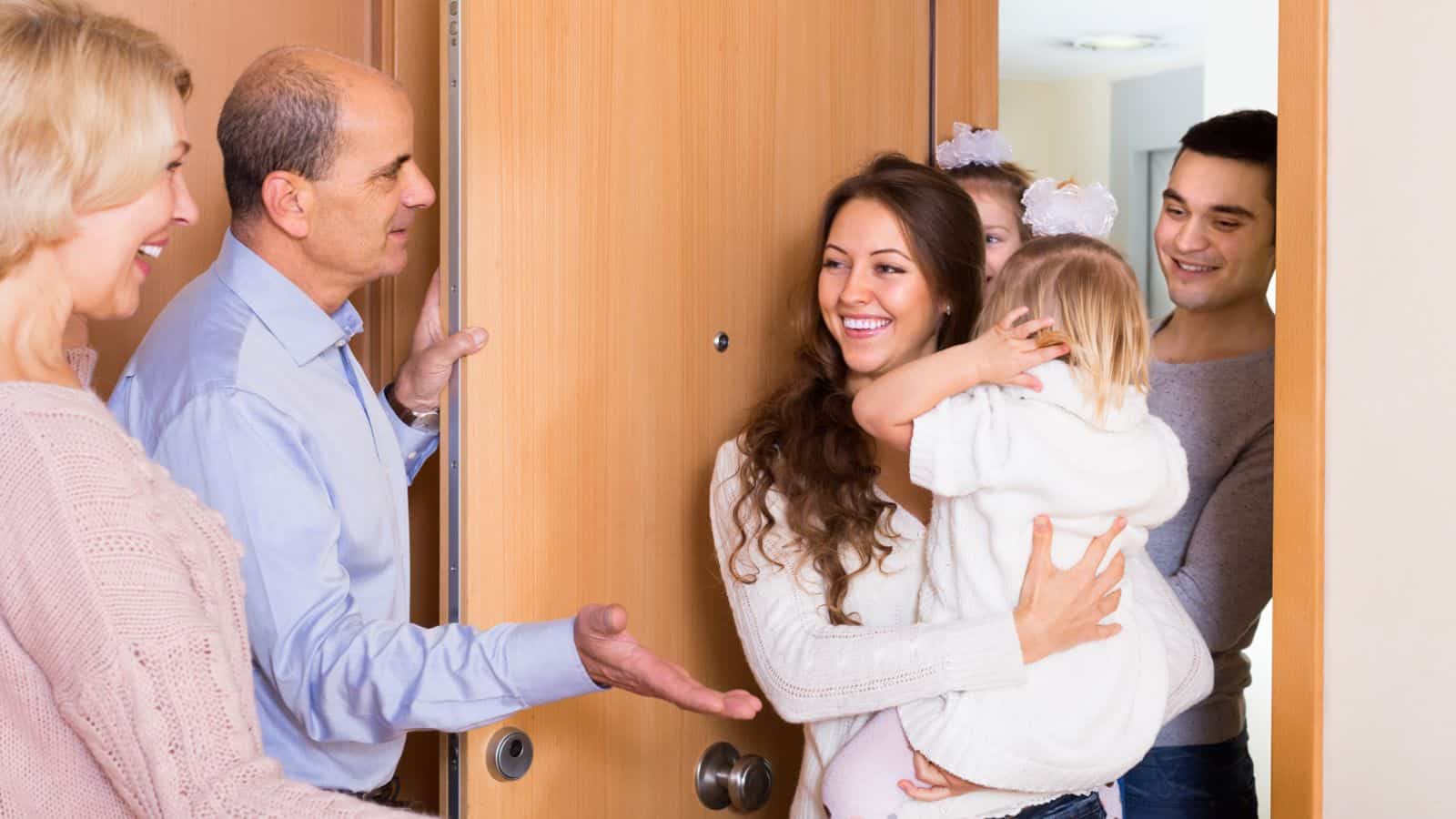We’re all different, but those differences are especially obvious when we compare people who grew up in different countries and cultures. Our European friends are only across the Atlantic, yet they inhabit a world with unique habits and customs that many Americans find strange. Here’s a look at 18 everyday European habits that might baffle the average American.
Sunday Shut Down

In America, the hustle of everyday life tends not to take a break over the weekend, with malls, restaurants, and many businesses remaining open. Not so in Europe, where there is a Sunday shut-down, allowing people to focus on family, hobbies, or simple relaxation. Although restaurants and leisure activities often remain open, even these may close in quieter locations.
Vacation Means Vacation

Imagine four to six weeks of full-time, paid vacation without any interruptions from work! This is the reality for many Europeans, who often enjoy long vacations without the need to check work emails or respond to clients. This differs from the American mentality, where workers accrue limited vacation days but hesitate to use them all for fear of falling behind on work.
Passeggiata

The term ‘passeggiata’ means “a walk” in Italian, and Tourissimo says it refers explicitly to an evening walk around the town square to socialize with fellow residents. It’s not just Italians who take leisurely strolls, though—many European people walk just to enjoy the weather and relax, with no specific destination in mind nor any exercise requirements.
Long, Multi-Course Meals

Europeans tend to savor their meals, turning them into social events that can last for hours, especially in countries like France, Italy, and Spain. Dinners often involve multiple courses in small servings, from appetizers to a variety of main dishes, along with wine that pairs well with each flavor combination. This is in stark contrast to fast-paced American dining.
Using Public Transportation

Public transportation systems in many European cities are so affordable, efficient, and reliable that they make car ownership unnecessary. Trains, trams, and buses are the preferred modes of commuting, reducing traffic congestion and potentially allowing for a more relaxed travel experience, particularly when compared to America’s car-dependent commuter culture.
Sipping Coffee Slowly

Olive Magazine writes, “Although cappuccinos and lattes are becoming more popular, the most commonly drunk coffee is a drip coffee with or without milk.” Black espresso is very popular, and many Europeans enjoy coffee in small portions throughout the day, sitting down to chat and relax instead of ordering a huge latte and rushing back to work, as is often the case in the U.S.
Relaxed When Sick

Most European countries have mandated paid sick leave, ensuring that employers allow their staff to stay home and recuperate when injured or unwell without fearing job loss or financial repercussions. This social safety net is very different from the American system, where paid sick leave is often a benefit reserved only for salaried positions.
Apprenticeships

Apprenticeships are very common in Europe, offering young people real-life training in skilled trades like electrics, plumbing, carpentry, and other hands-on occupations. Typically, the person works for free part-time while also studying the subject academically and is rewarded with a professional certification upon completion. In the U.S., such programs are much rarer.
Casual Fridays All Week

Although Americans tend to dress more casually when not working, high-level staff in industries like law and finance often dress very formally. Europeans, in comparison, have a more relaxed approach to work attire—formal business suits are less common, and there is often a ‘business casual’ attitude throughout the workweek, especially in warmer Mediterranean countries.
Universal Healthcare

A study by the NIH reports that all 50 European countries have some system of universal healthcare, and 28 provide total coverage for all eligible citizens. This ensures everyone has access to medical treatment, regardless of their employment status or ability to pay. In contrast, the American system is heavily privatized, and many residents struggle with medical costs.
Cash is Preferred

Although credit cards and cashless payment options (like Google and Apple Pay) are prevalent in Europe, they are not as ubiquitously used as they are in America, especially in comparison to U.S. cities. Cash remains the preferred method of payment in most small shops and businesses and may even be the only acceptable option in remote, rural villages.
Affordable Higher Education

In the U.S., the cost of a college education can be prohibitive or only possible with scholarships or parental support. Yet, in Europe, many governments heavily subsidize higher education in an effort to make it universally accessible regardless of socioeconomic status. Special borrowing companies also offer students affordable loans with low interest rates.
Shorter Work Weeks

Several European countries, including Germany and Belgium, are trialing or offering the option of a 4-day work week. The idea is that employees will work more efficiently on these four days if they have a three-day weekend to relax and unwind. In general, the attitude to overwork is more negative than in America, where personal time is often sacrificed to climb the corporate ladder.
Gap Years

After high school, European students often take a gap year to travel, volunteer, or do paid work before starting university. CBI says this period is essential for self-discovery and maturity and is the perfect opportunity to see the world—individuals have maximum personal freedom and few commitments. Sadly, many American students feel pressured to enroll in college right away.
No Shoes Indoors

Like in Asian countries, Europeans almost always remove their shoes at the door, whether it’s their own home or someone else’s. This is a sign of respect and a way to prevent dirt and germs from being tracked inside. This custom can be a surprise to Americans, who are more accustomed to keeping their shoes on indoors unless visiting a unique place, like a temple.
Shorter Showers

Water conservation is a bigger priority in Europe than in most American states, and there is an emphasis on short showers over long, hot showers or deep baths. Many people in the U.S. find this strange and somewhat unnerving, as they often use prolonged shower time to relax and think through their problems rather than just for personal hygiene.
Multi-Generational Living

Although this doesn’t apply to all European cultures equally, there is a greater tendency for many generations to live under one roof, and it’s not uncommon for children to be raised alongside aunts, uncles, and grandparents. Such living arrangements are most common in places like Turkey, Italy, and Greece and are considered unusual by American standards.
Elaborate Greetings

Most people in the U.S. greet each other without touching, typically using words, nods, or hand gestures. In more expressive European cultures, like Spain, a kiss on one or both cheeks or a handshake is a typical greeting between acquaintances or even newly introduced people. The exact style of greeting varies from country to country and depending on the social situation.
Up Next: 19 American Foods that Are Not Allowed in Other Countries

We can debate all day about who has the safest food supply in the world. Though, I’d bet you would be surprised at how many everyday American foods are banned in other countries. Most are due to chemical additives and pesticides, which, in places like the EU, cannot be approved for use unless proven safe. Let’s take a look at 19 of them.
19 American Foods that Are Not Allowed in Other Countries
19 Things That Will Happen When You Stop Drinking Alcohol

Whether you identify as an alcoholic or a casual drinker, alcohol can have a significant negative impact on your health. This is why more and more people are choosing to go cold turkey for the sake of their well-being. If you’re considering going sober but need a little more convincing, we’ve got you covered. Here are 19 things that will happen when you stop drinking alcohol.
19 Things That Will Happen When You Stop Drinking Alcohol
17 Things Guests Actually Notice Right Away About Your House

Inviting people into your home is a big deal. You may be very house-proud or house-conscious, and if you are either, you’ll likely get anxious about hosting. If this sounds like you, stop worrying and focus on the following 17 things that guests actually notice right away about your house.
17 THINGS GUESTS ACTUALLY NOTICE RIGHT AWAY ABOUT YOUR HOUSE
